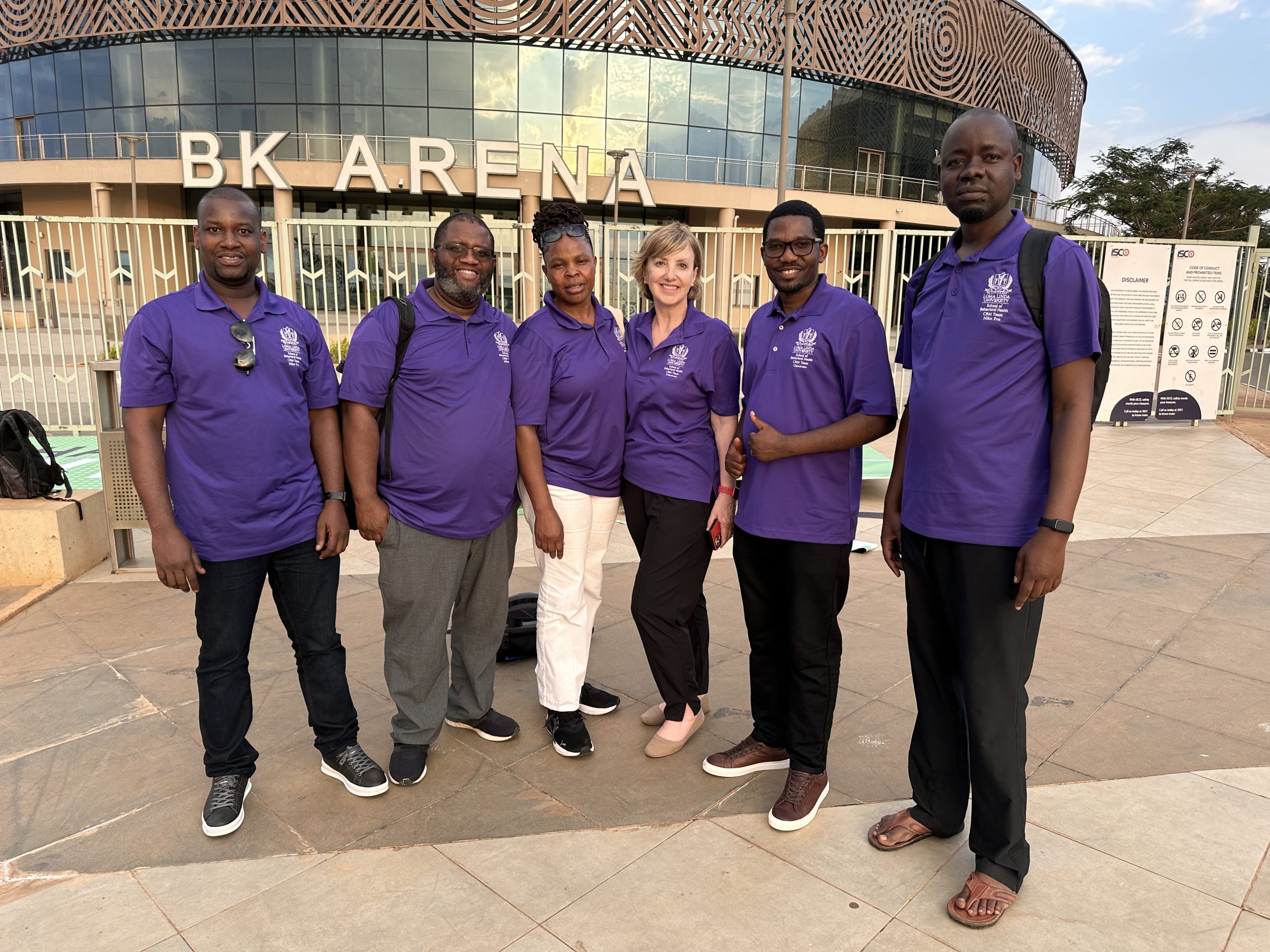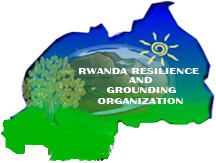
 Across the world, emotional regulation and resilience are increasingly recognized as essential foundations for healthy child and adolescent development. In Rwanda, where many young people continue to navigate the lingering social and psychological impacts of historical trauma, poverty, and daily stressors, strengthening these skills is both urgent and transformative.
Across the world, emotional regulation and resilience are increasingly recognized as essential foundations for healthy child and adolescent development. In Rwanda, where many young people continue to navigate the lingering social and psychological impacts of historical trauma, poverty, and daily stressors, strengthening these skills is both urgent and transformative.
Research shows that children develop emotional well-being within interconnected ecosystems that include their families, schools, and broader communities. A child’s ability to understand, manage, and recover from emotional challenges is directly shaped by the environments where they live, learn, and grow. Effective interventions must therefore extend beyond the child and engage the full circle of support around them.
A Multi-System Approach: RRGO’s Commitment to Youth Well-Being
The Rwanda Resilience and Grounding Organization (RRGO) adopts a holistic, system-centered approach to promoting youth mental health. We work directly with children and adolescents, while also strengthening the capacity of parents, caregivers, and teachers to support emotional development.
Because young people spend most of their time either at home or at school, building strong, nurturing environments across these settings is essential for long-lasting impact.
Introducing FASCET: Families, Schools, and Community Engaged Together
To bring this multi-system model into practice, RRGO implements the Families, Schools, and Community Engaged Together (FASCET) program. FASCET is a culturally grounded, community-based initiative designed to: improve emotional regulation, strengthen coping skills and resilience, enhance supportive relationships among children, families, and educators, promote positive parenting and healthy communication, and reduce depression, anxiety, and behavioral difficulties among youth.
The FASCET program is implemented in collaboration with the Loma Linda University School of Behavioral Health. It was first introduced in Sierra Leone, later expanded to Kenya, and is now being piloted in Rwanda. Across all three countries, the program has shown promising and consistent impacts—not only among 5th-grade children, but also among their parents, caregivers, and teachers, who play a central role in supporting youth well-being.
Implementation in Rwanda
In Rwanda, FASCET is currently being piloted in a primary school in the Nyamagabe District in the Southern Province. Over the course of a 10-week intervention, children, parents, and teachers participate in coordinated sessions that focus on: developing emotional awareness and regulation, building practical resilience and coping strategies, strengthening parent–child communication and bonding, enhancing teachers’ skills to support student well-being, and improving classroom climate and social–emotional learning.
The curriculum integrates the Community Resiliency Model (CRM)—a neuroscience-informed, evidence-based approach to emotional regulation—alongside culturally adapted parent training modules.
Promising Early Findings
Although the Rwanda pilot is still underway, early results are highly encouraging. Preliminary data from children, adolescents, parents, and teachers show improved emotional regulation among students, higher resilience across all participating groups, more supportive and confident parenting practices, enhancements in teacher well-being, and reductions in stress, anxiety, and emotional distress among both.
These findings align with outcomes observed in Sierra Leone and Kenya, demonstrating that FASCET is a flexible, scalable, and culturally adaptable model with cross-country relevance.
Looking Ahead: Scaling Resilience Across Rwanda
RRGO aims to expand the FASCET program to additional schools and communities across Rwanda. By improving family relationships, strengthening school environments, and empowering community systems, FASCET seeks to reduce the long-term consequences of psychosocial challenges and promote healthier developmental pathways for young people.
As Rwanda continues to invest in youth mental health, programs like FASCET offer a practical, culturally responsive pathway to building a more resilient generation—one child, one family, and one community at a time.
